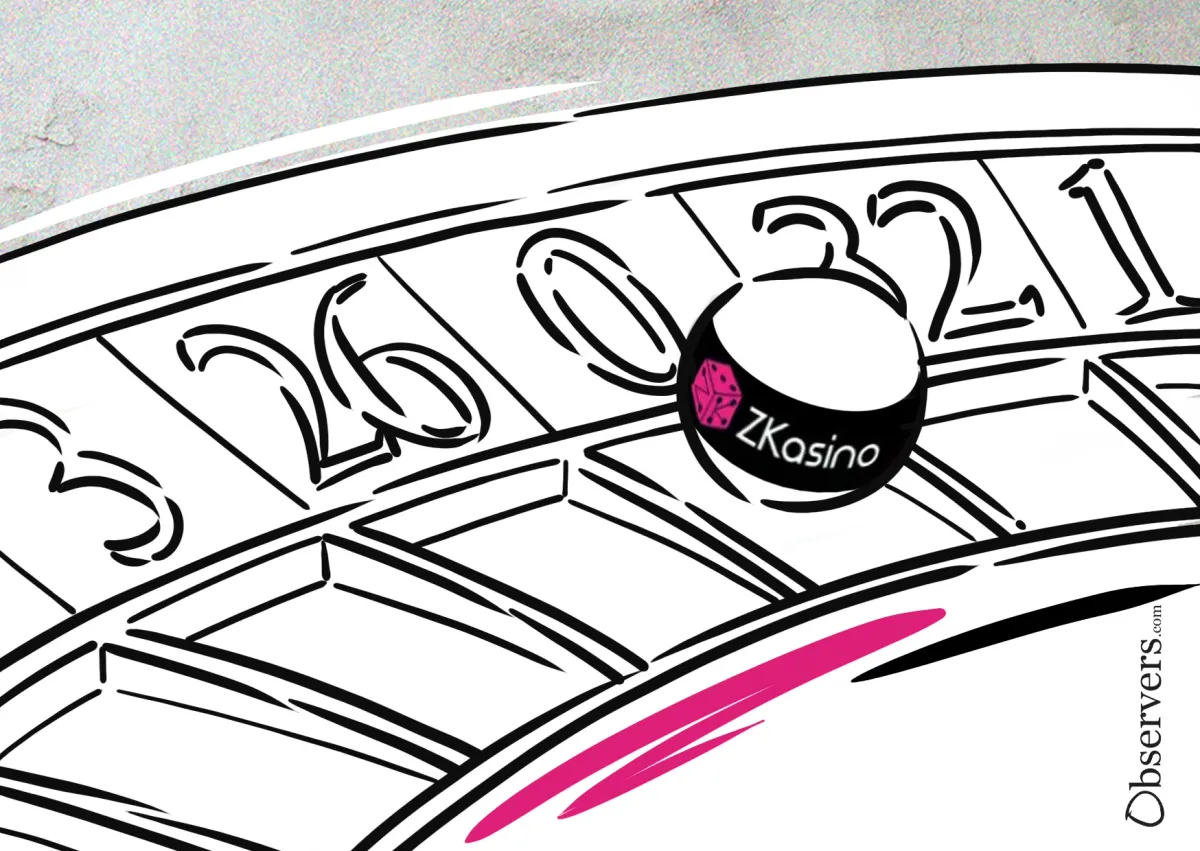
ZKasino, a blockchain-based gambling platform, recently came under fire when its users accused it of misleading them and alleged that the project had stolen deposited ETH.
Like several projects this year, including Blast, ZKasino enticed users by offering an airdrop of its native token, ZKAS, to those who bridged their ETH to its network. Initially, the team promised to return the bridged ETH but later decided to retain the ETH and only distribute the tokens.
Users reported that the website was quickly altered to remove any mention of returning the ETH, with evidence of the change being deleted.
The project claimed to have collected at least 10,000 ETH (approximately $31 million) from over 10,000 participants. Following this questionable move, a wave of accusations from investors, contractors, and other associates began to surface, challenging the project’s integrity.
ZKasino had used the names of prominent investors to create an aura of legitimacy. Notably, it claimed a $350 million Series A funding round with support from reputable funds like Big Brain Holdings and the well-known cryptocurrency exchange MEXC.
Later, however, Big Brain clarified that they had never invested in ZKasino but had previously invested in a different project involving ZKasino’s founders. Their delayed dissociation from ZKasino raises questions about their oversight. Meanwhile, MEXC canceled their listing of the project, stating that they were unaware of the fraudulent activities and distancing themselves from the fallout.
The project also faces allegations of non-payment from contractors and misleading claims about incorporating ZK technology into their platform, instead opting for a simpler Arbitrum Nitro integration. Amidst these controversies, ZKasino has shut down its communication channels, although their X account suggests plans to continue the project, offering a glimmer of hope to investors. Meanwhile, various scams are now targeting investors desperate to get their ETH returned.
The gambling sector remains a controversial part of the crypto industry, but it has grown significantly, amassing a market capitalization of nearly $750 million, according to CoinGecko. A notable player is Rollbit, which was among the first to issue its token and link token burn to project revenue.
Despite a bearish 2023, Rollbit successfully attracted many users. It currently generates around $30 million per month and conducts token burns valued at approximately $8 million. Rollbit now boasts a market capitalization of $350 million.
Blockchain casinos attract gamblers for several reasons. They often don’t require KYC, allowing access in regions where online gambling is restricted. Furthermore, these platforms simplify transactions by using cryptocurrencies, bypassing traditional banking systems.
While many promise blockchain integration for transparency, few have obtained gambling licenses, operating in a regulatory gray area. This lack of oversight could pose significant risks to users, as seen with ZKasino, suggesting potential repeat scenarios within the sector.

